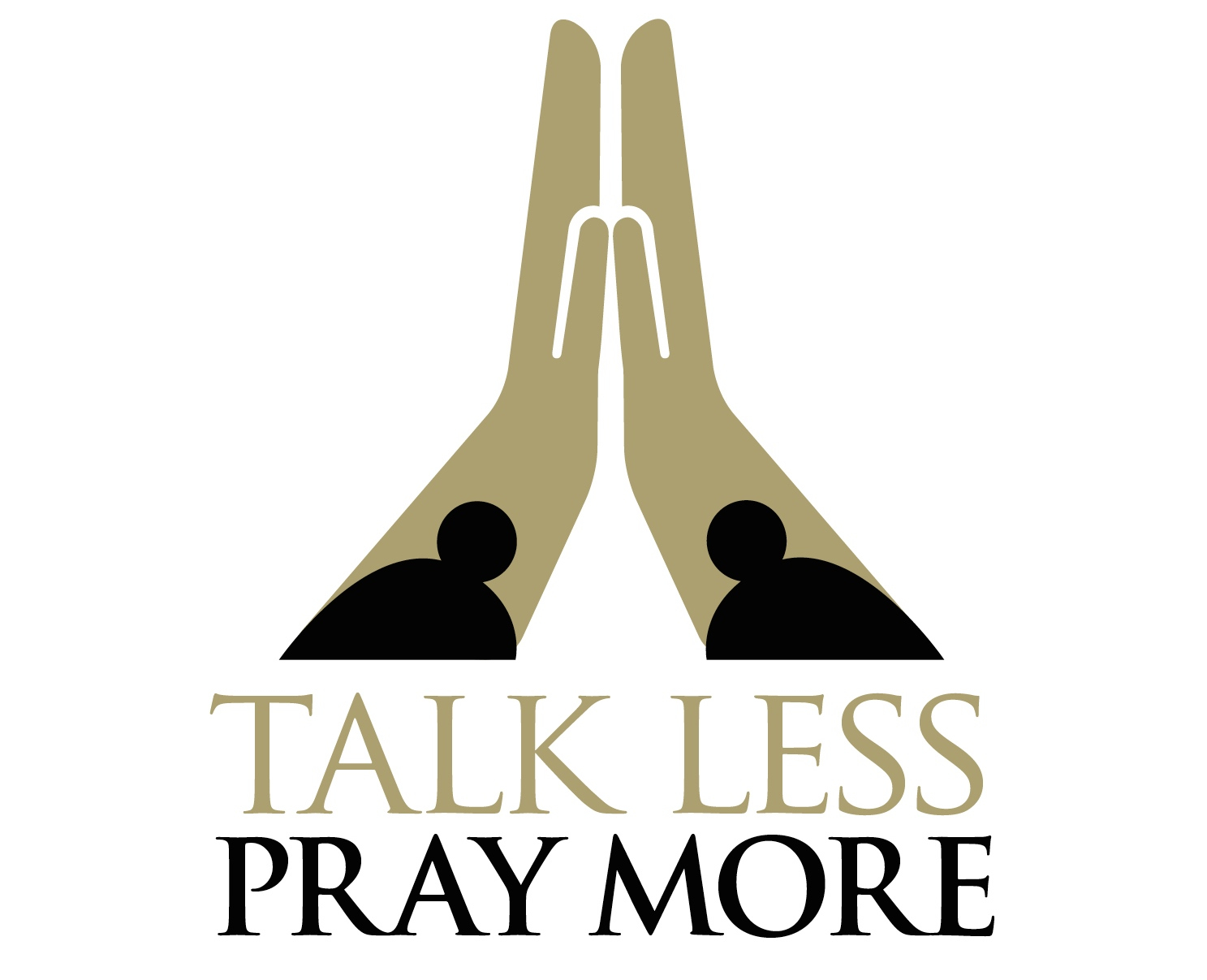" 'But we desire to hear from you what your views are; for concerning this sect, it is known to us that it is spoken against everywhere.'...and he was explaining to them by solemnly testifying about the kingdom of God to persuade them concerning Jesus, from both the Law of Moses, and from the Prophets from morning until evening. Some were being persuaded by the things spoken, but others would not believe." Acts 28:22-24
Paul's protection under the law was directly related to Rome's understanding of Religious Liberty, and The Jewish community's perception of The sect of Christianity as form of Judaism. Rome recognized the Jewish religion, and authorized the freedom for Jews to worship as their rules prescribed.
Judaism was not immune, nor opposed to the existence of different sects that operated under their politically approved banner. Paul had played on these differences when he pitted the Sadducees against the Pharisees. There were others like the Essenes who marched to the beat of a different drum, but they all worshiped the same God.
Roman authority didn't want to get in the middle of these religious civil wars. As long as their disagreements didn't violate the Pax Romana, they were left to sort it out among themselves.
The real danger for Paul would emerge when he clearly identified himself, and Christians as believers of The Lord Jesus Christ, as The Son of God. As long as Paul held Jesus up as just another rabbi, he was on safe soil. Paul clearly drew a line in the sand, and invited the leading Jews of Rome to step from darkness into The Light.
Paul preached to persuade, not to patronize. He didn't attempt to hide in the tall grass, by covering Jesus with culturally accepted camoflage and politically correct platitudes. Paul put Jesus right where He belonged. He moved Him out of a cradle, to a cross, from the tomb, preaching the Risen Christ as the Son of God, now seated at the right hand of The Father.
To most of the leading Jews, this was crazy talk, and went far beyond the limits of their grace to allow a sect to operate under their political protection from Rome. When Paul raised the flag of the Kingdom of God, he split the sheets with the Jews, and took on the appearance of a rebel to the Romans. It would cost him his life.
Note to self: Thank God Paul did. Read the Book of Romans. It outlines Paul's understanding of the power of God's grace to set people free from The Law, by having a Savior Who met every requirement of it. You can't. Jesus did. God's grace trumps The Law...EVERY TIME.
The coward's way out would have led Paul to apologize for the misunderstanding, and preach a false gospel laced with just enough Jewish religion and self-help psychology to appear positive and harmless. He didn't. Paul was no coward. He was a preacher of the Gospel of God's grace and the Kingdom of The Lord Jesus Christ.
Contemporary Christianity is drunk on a poisonous "Kinder than God Kool-Aid." Some of the more popular spokesperson's for this sewage may make a name for themselves, and make people feel good about themselves, but they rob them of the difference that only Jesus can make in their lives.
Jesus didn't die on the cross for people to have a good day, but to be made right with God, by receiving His grace through His Son. Rome had no problem with members of a Jewish sect honoring, and remembering the teachings of a crucified carpenter.
The problem would arise when Paul called for Jesus to be worshiped as The Son of God. As such, The Temple was to be replaced by the Risen Christ taking up residence, by The Spirit of God, in the hearts of those who believed in Jesus as their Savior and Lord. Jesus appeared to be leading a sect, but He was actually offering people The Way.
Jesus is still the bone in the throat and the rock in the shoe for those who are in need of God's grace, but won't admit they need a Savior. Though it is shrinking, and the window of tolerance is closing, there is still room in this self-help obsessed world for Jesus as a way, just not The Way.
The Savior is not the leader of The Sect. Jesus is "The Way, The Truth and The Life." Jesus is not an available option to God's grace, but He is the essential provider of it.
The old gospel song asks the questions, and provides the only answer. "What can wash away my sin? Nothing but the blood of Jesus. What can make me whole again? Nothing but the blood of Jesus." Paul would have been willing to sing it loud, and sing it proud.
Paul invited The Jews to hear him, and prayed for the courage to persuade them to receive Jesus as their Savior. Some did, and some didn't. Not much has changed in the last 2,000 years. Christianity is not The Sect, and preachers still need the courage to proclaim Jesus as The Savior. Preachers of The Gospel will find the power to persuade others to believe in Jesus when they...TALK LESS! PRAY MORE!
